Description
Indigo powder is a natural dye obtained from the leaves of the Indigofera tinctoria plant. It has been used for centuries as a coloring agent for textiles, hair, and even in traditional body art. Here’s a description along with bullet points about Indigo powder and how it is prepared:
Key Bullet Points:
- Natural Dye:
-
- Blue Coloring: Indigo powder is renowned for producing a natural blue dye, often used in textiles and clothing.
- Chemical-Free: It is a plant-based alternative to synthetic dyes, making it a natural and eco-friendly choice.
- Hair Coloring Benefits:
-
- Natural Hair Dye: Indigo is commonly used in combination with henna for natural hair coloring.
- Darkens Hair: When applied to hair, it imparts a range of dark brown to black shades, depending on the method and duration of application.
- Textile Industry:
-
- Traditional Use: Indigo has been a significant dye in the textile industry, used for coloring fabrics and garments.
- Indigo Denim: The iconic blue color of denim is often achieved using natural indigo dye.
- Plant-Based Origin:
-
- Derived from Leaves: Indigo powder is made from the fermented leaves of the Indigofera tinctoria plant.
- No Synthetic Additives: Pure indigo powder is free from synthetic additives and chemicals.
- How Indigo Powder is Prepared:
-
- Harvesting Indigo Leaves: Indigo leaves are harvested when the plant is mature, typically during the flowering stage.
- Fermentation: The harvested leaves are fermented in water, creating a solution known as the indigo vat.
- Oxidation Process: The indigo vat is exposed to oxygen to initiate the oxidation process, turning the solution into a blue dye.
- Precipitation: The insoluble blue particles settle at the bottom, forming a paste.
- Drying: The paste is dried to remove excess moisture, resulting in the powdered form.
- Grinding: The dried indigo paste is ground into a fine powder using machinery or traditional methods.
- Sieving: The powdered indigo is often sieved to achieve a uniform texture.
- Packaging: The final indigo powder is then packaged for distribution and use.
Natural and Sustainable:
- Eco-Friendly: Indigo is a plant-based dye, making it environmentally sustainable compared to synthetic dyes.
- Biodegradable: The dye and its residues are biodegradable, minimizing environmental impact.

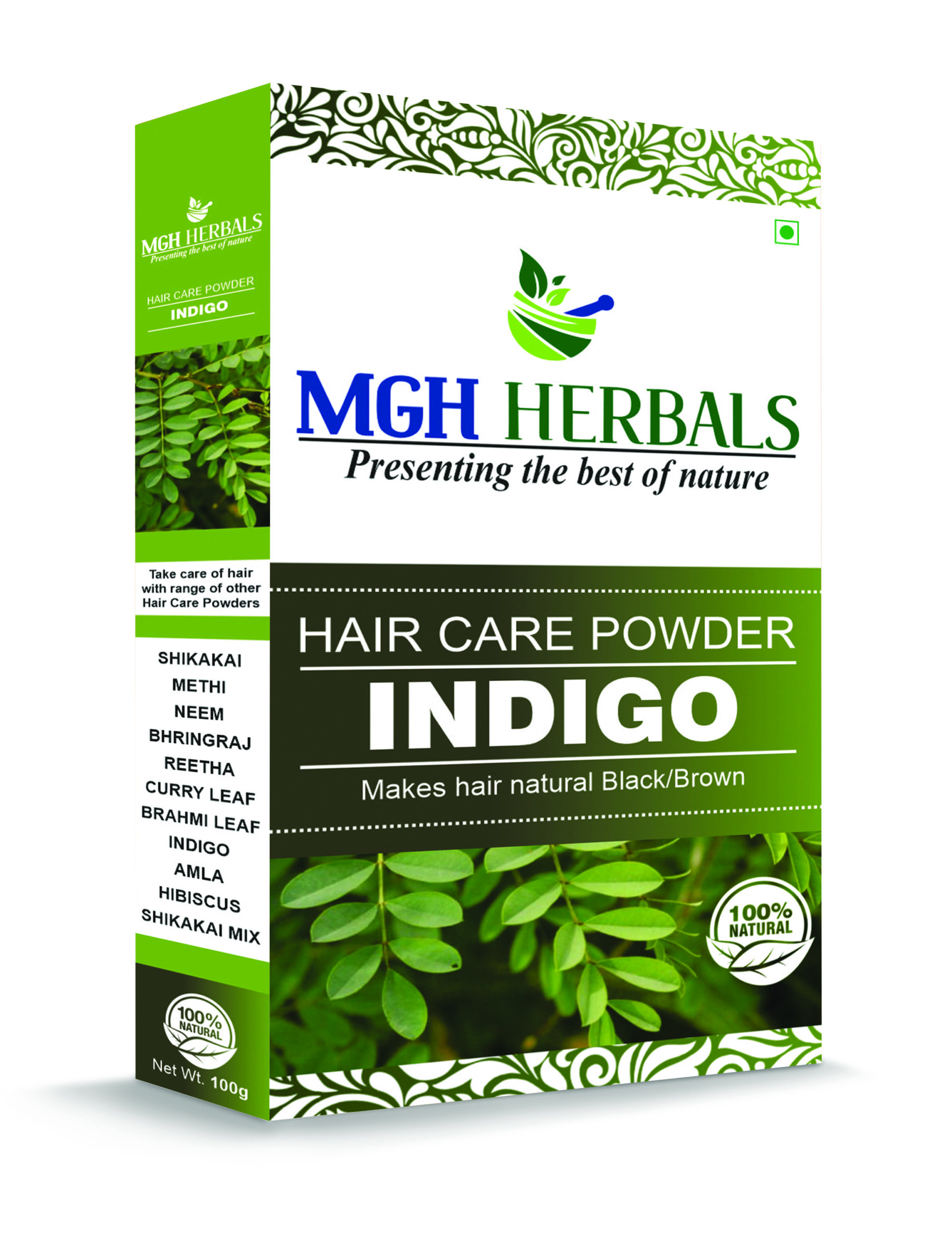
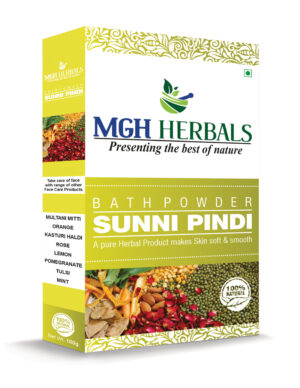
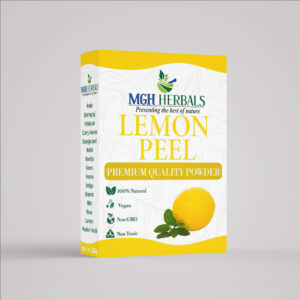
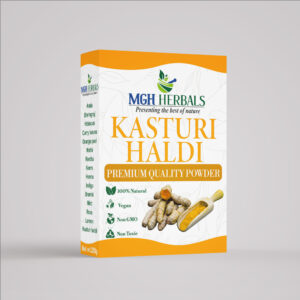
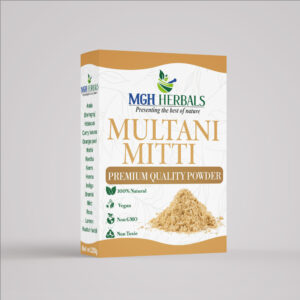
Reviews
There are no reviews yet.